As we shared this morning, the team behind the Beeper Mini iMessage for Android app has announced a plan that will let Android customers use a jailbroken iPhone to register a phone number with iMessage in order to get the Beeper Mini service working.
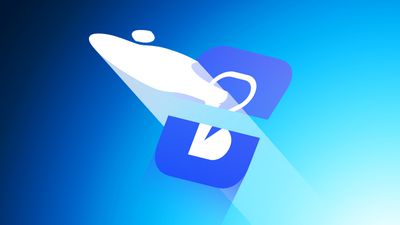
Just days after Beeper Mini launched on December 5, Apple objected to the way it was using iMessage servers with "fake credentials," and blocked the mechanism the app was using. Since then, Beeper Mini has tried to get the app back online using several increasingly complicated methods, but Apple has continually shut it down.
Beeper Mini's latest effort requires either a Mac or an old iPhone that is able to be jailbroken, and Android users who do not have access to one of these will not be able to use Beeper Mini or the Beeper Cloud service reliably. Using a Mac is straightforward, as Beeper Mini users simply need to sign in to get an iMessage registration code that allows the service to work.
The Beeper Mini team says that 10 to 20 people can "safely" use the same registration data, but the Mac method limits Beeper Mini users to email-based iMessage communications, and it requires an Apple ID.
The second more complicated Beeper Mini workaround uses an iPhone. Beeper Mini's developers suggest that customers get an old iPhone 6, 6s, original SE, 7, 8, or X and jailbreak it with a Mac or Linux computer to install a Beeper tool that generates an iMessage registration code. The registration code can be added to the Beeper Mini app, and it allows an Android phone number to be registered with iMessage.
This method restores full Beeper Mini functionality so that Android users will show up as "blue bubbles" when communicating with iPhone users. The jailbroken iPhone must stay plugged in, at home, and connected to Wi-Fi in order for Beeper Mini to continue to function.
Those who do not have an old iPhone can "rent" an iPhone from the Beeper Mini team for a few dollars per month, or buy an old iPhone that's preloaded with the Beeper Mini app. The jailbroken iPhone rental and purchase service will "be available in the new year" if potential customers express enough interest.
Beeper Mini requires registration data from an Apple device, and to get the app to work, the Beeper Mini team was initially using registration data from its own Mac servers. Apple was able to target Beeper Mini because thousand of users had the same registration data, but it will in theory be more difficult for Apple to determine who is a genuine iMessage user and who is a Beeper Mini user with the unique registration codes provided via a Mac or a jailbroken iPhone.
In a second blog post, the Beeper Mini team says that this is its last attempt to get Beeper Mini up and running. If Apple finds a way to disable Beeper Mini again, that will be the end of the app. The team says, however, that it has "created something that Apple can tolerate existing" with the jailbroken iPhone endeavor. It seems unlikely that Apple will allow Beeper Mini to sell or rent jailbroken iPhones, so it will be interesting to see if and how Apple responds.
Beeper Mini is also open sourcing the iMessage connection software that powers Beeper Mini so others can continue development if desired.


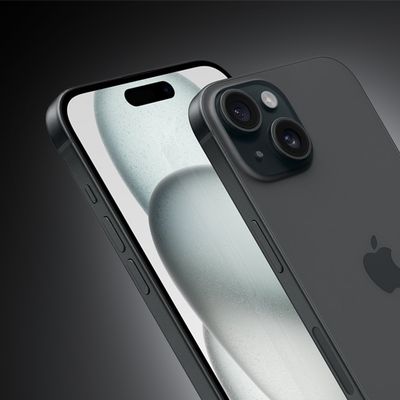
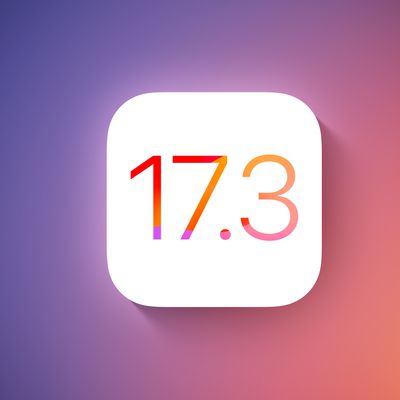
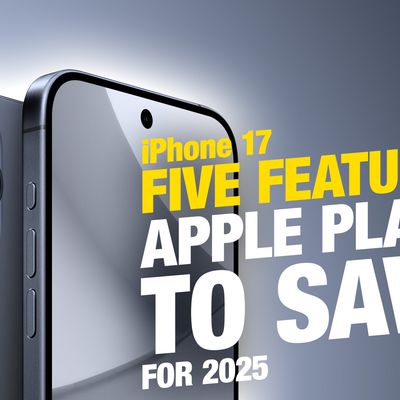
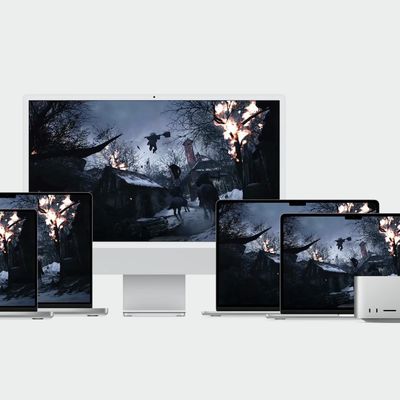

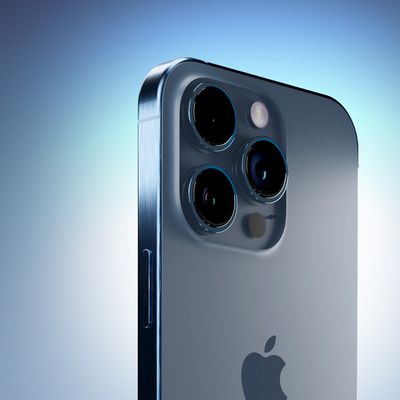


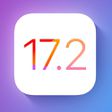







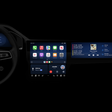
Top Rated Comments
[LIST=1]
* iMessage is not a free service. It's bundled when you purchase an Apple product. It's that purchase that helps to finance the service. This differs from other "free" messaging apps that sell your personal data in order to keep their businesses running.
* Why would an Android user install and use a different chat app just to have iMessage? Isn't that exactly the problem — people want their default chat/text app to support the range of protocols?
* Apple has committed to supporting RCS in 2024 (after years of delays). I applaud them for holding firm on not supporting RCS until they could ensure that RCS would be a safe and consistent experience for everyone using it.
* The green bubbles are SMS. Even RCS will fall back to SMS when there's no data connection (including WiFi). RCS is the same as iMessage, in that an "internet" connection is required to send messages, not just a cellular connection. SMS only requires cellular, not data.
Nothing petty about it. RCS has just not been up to Apple's standards, and iMessage is not a free protocol; it's been part of Apple's services, financed by paying customers.
Should McDonalds allow Wendys to sell the Big Mac so you aren't inconvenienced by having to drive to McDonalds to get one? Of course not.